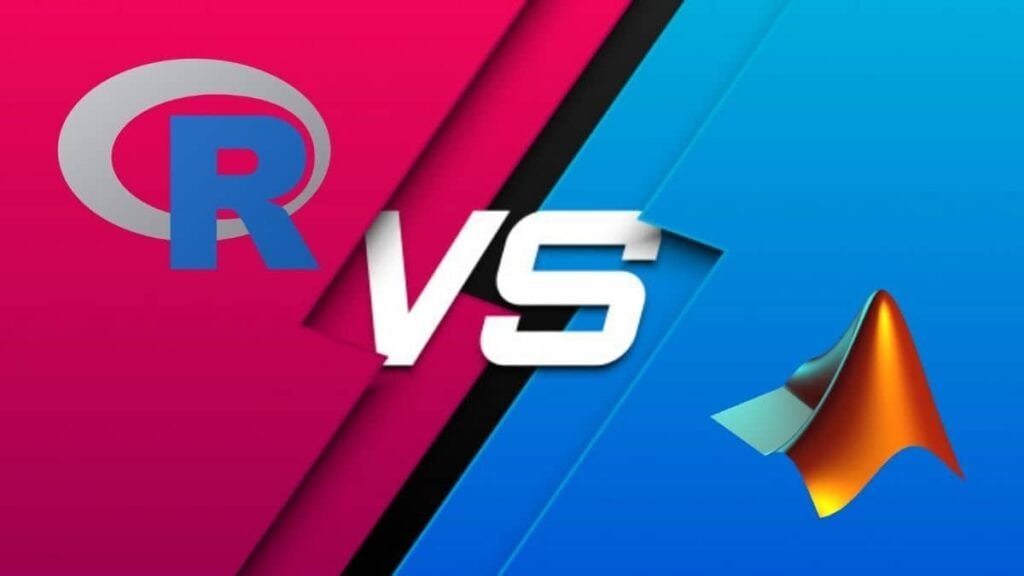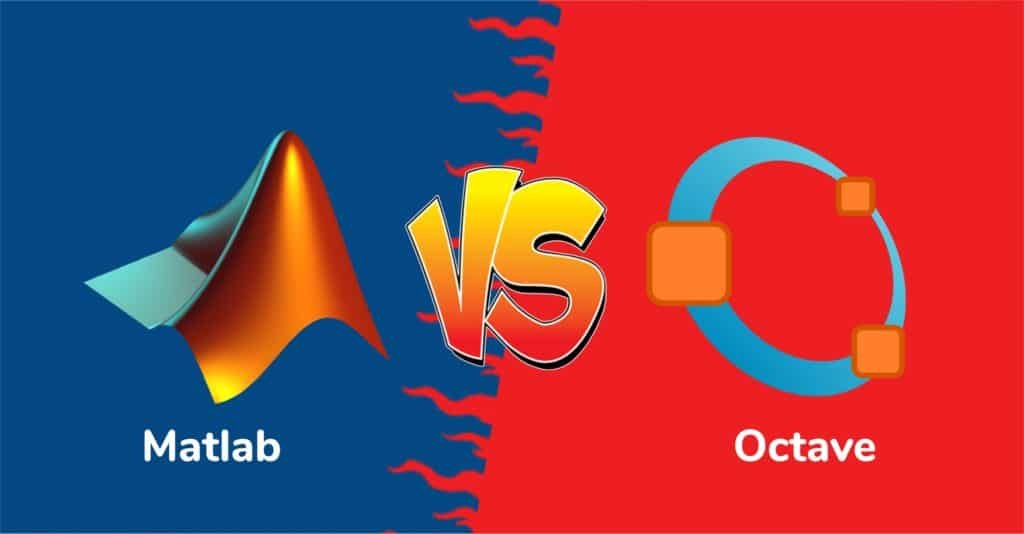If you are in the IT sector, then you must know these two terms, which are recursion and iteration. On the other hand, newcomers use these two terms interchangeably because these two can be a little confusing. As a result, students from the IT sector might be wondering and want to know the difference between recursion vs iteration.
If this is the case, don’t worry about that because we are here to help you. However, both these terms refer to two different codes with the same structure.
Let’s first talk about recursion, when a function calls itself within its code, thus repeatedly executing the instructions inside it. On the other hand, Iteration means when a loop repeatedly executes the set of instructions like “for” loops and “while” loops.
In this blog, we will study what recursion & iteration are, and then we further move to their key difference, followed by when you should use recursion vs iteration.
Without wasting any time, let’s dive deep into it.
What is Recursion?
Table of Contents
If you are a newcomer, then you find that recursion is difficult. On the other hand, this is a technique that all programmers should master. Don’t worry about it, we will try to simplify it as much as possible.
However, sometimes we face a problem that is too complex to solve directly. In that case, we try to break the such problem into smaller pieces. Then, we can find a way to solve these smaller pieces and build a solution to the entire issue. As a result, this is the whole idea behind recursion.
Recursion is when a function calls itself directly or indirectly is called a recursive function. It is mainly used when you can solve a bigger problem by breaking that problem into smaller pieces.
On the other hand, recursion is a great technique with the help of which we can reduce the length of our code and make it easier to write and read.
Properties of Recursion:
- We try smaller inputs to make the problem smaller in every step.
- To stop the recursion, a base condition is needed; otherwise, an infinite loop will occur.
- Recursion makes the code smaller.
Example of Recursion:
Input:
public class RecursionExample {
public static void main(String args[]) {
RecursionExample re = new RecursionExample();
int result = re.factorial(4);
System. out.println("Result:" + result);
}
public int factorial(int n) {
if (n==0) {
return 1;
}
else {
return n*factorial(n-1);
}
}
}
Output:
Result:24
What is Iteration?
In this type of code, structure loops execute a set of instructions. In simpler words, iteration code structure uses repetition structure. On the other hand, any part of code that uses a loop follows the iteration code structure.
In computer programming, Iteration is a process wherein a set of structures or instructions are repeated in a sequence to meet the required condition. When the first set of instructions is executed again, we call this iteration. When a sequence of instructions is performed in a repeated manner, it is called a loop.
However, the time complexity of a program following the iteration code structure can be calculated by counting the number of times the statements inside the loop are getting executed.
Properties of Iteration:
- Iteration consumes less memory.
- Iteration uses a repetition structure.
- It is faster because an iteration does not use the stack,
- When the loop condition fails, an iteration comes to an end.
Example of Iteration:
Input:
public class IterationExample {
public static void main(String args[]) {
for(int i = 1; i <= 5; i++) {
System.out.println(i + " ");
}
}
}
Output:
- 1
- 2
- 3
- 4
- 5
Main Key Differences between Recursion Vs Iteration
These are some key differences between Recursion vs Iteration:
- A conditional statement decides the termination of recursion, while a control variable’s value decides the termination of the iteration statement (except in the case of a while loop).
- Endless recursion can lead to a system crash, whereas infinite Iteration consumes CPU cycles.
- Recursion repeatedly invokes the mechanism. As a result, this can be expensive regarding processor time and memory space, whereas Iteration doesn’t.
- Recursion makes code smaller, on the other hand, Iteration makes it longer.
Top 11 Differences Between Recursion Vs Iteration
Below are the key differences between recursion vs iteration.
| Comparison Basis | Recursion | Iteration |
| Syntax | The only termination condition is required. | Includes initialization, condition, and decrement/increment of the control variable. |
| CPU cycles | Smaller than iterations. | Bigger than Recursion. |
| Implementation | Implemented by a function calling itself. | Implemented using loops. |
| State | Defined by parameter values kept in the stack. | Defined by control variable value. |
| Speed | Recursion is quite slower than iteration. | It is faster because an iteration does not use the stack, |
| Time complexity | High time complexity. | Generally, it has lower time complexity. Its time complexity is fairly easier to calculate by calculating the number of times the loop body gets executed. |
| Infinite Loop | If the recursive function does not meet a termination condition, this means that the code of recursion leads to infinite recursion. As a result, there is a chance that the system will crash. | If the control condition of the iteration statement never becomes false, iteration will be infinite. On the other hand, if it is stuck on an infinite loop, then it repeatedly uses the CPU cycle. |
| Termination | A condition is defined within the function body, and when this condition becomes true, the recursion ends. | Defined within the definition of the loop, and when the condition becomes false, the loop terminates. |
| Memory Utilization | There is more memory needed for the case of recursion. | There is less memory needed for the possibility of Iteration. |
| Utilization of Stack | Yes | No |
| Size of the Code | The code size is a bit smaller in recursion if we compare it to iteration. | On the other hand, the code size of iteration is comparatively larger than recursion. |
Read More:
Recursion Vs Iteration: Google Trends
As per the google trends graph of recursion vs iteration, this graph shows the data for the past five years worldwide. On the other hand, the recursion is in blue, and the iteration is in red colour. So, if we talk about the popularity of recursion & iteration, then it is really difficult to tell because, at some point, recursion is up, and iteration is down and vice-versa. But recently, Recursion has been on top.

However, this doesn’t mean that recursion is better than iteration, or iteration is not better than recursion. Both are used as per the user’s need. To clarify this statement, let’s see when you can use recursion and iteration.
When to Use Recursion Vs iteration

So the most common question that arises here by the IT/programming students is when to use recursion and when to use iteration. However, most of the codes can be written with both recursion and iteration. But recursion is fairly easier than iteration, whereas iteration is tough. For your convenience, we will try to clarify this statement so that when you create your next code, you know which one to use.
Iteration code can become hard and tricky to interpret when solving complex problems. Other programmers can easily understand good code, and it is easy to decode. To understand this better, use a recursive and iterative strategy to build tree traversals such as pre-order, in-order, or post-order. Writing the iterative counterpart for this type of problem is difficult since it requires an explicit stack or queue.
Recursion is far superior to iteration for issues that can be broken down into several smaller pieces. Using recursion in the divide method can minimize the size of your problem at each step. As a result, it takes less time than an iterative approach. It is frequently more “smart” to use recursion than iterative solutions because it is fairly easier to use.
We suggest you use an approach that seems easy, not too complex, and easily conveys your thought process. However, when performance and efficiency need to be considered, choose accordingly.
- If speed is a concern, iteration is used because recursive functions are often slower than iterative functions.
- Iteration will be preferred over recursion if the stack limit is too restrictive.
Conclusion
Iteration and recursion form the basic building blocks of programming; without them, you cannot solve complex problems. In this blog, we have just briefed you about both the terms and laid out the difference between them. On the other hand, we also explain to you when to use recursion and iteration. At the end of this blog, recursion vs iteration, we want you to take away this final thought: Iteration means a loop, and recursion means a function calling itself.
I hope you like it, and if you have any other queries related to these terms, then let us know in the comment section that is given below.
FAQs
Q1. What are the advantages of recursion over iteration?
The main advantage of recursion over iteration is that recursion adds clarity and reduces the time needed to debug and write the code (but doesn’t necessarily reduce space requirements or execution speed). Reduces time complexity. As a result, recursion performs better in solving problems based on tree structures.
Q2. Which is faster, recursion or iteration?
The clear answer to this question is that Iteration is faster and more efficient than recursion. Because an iteration does not use the stack. Whereas recursion uses the stack.
Q3. Do programmers use recursion?
The clear answer to this question is yes, programmer use recursion. Most programming languages support recursion by allowing functions to call themselves from within their code. Some functional programming languages like Clojure do not define any looping constructs and instead rely only on recursion to call code repeatedly.


